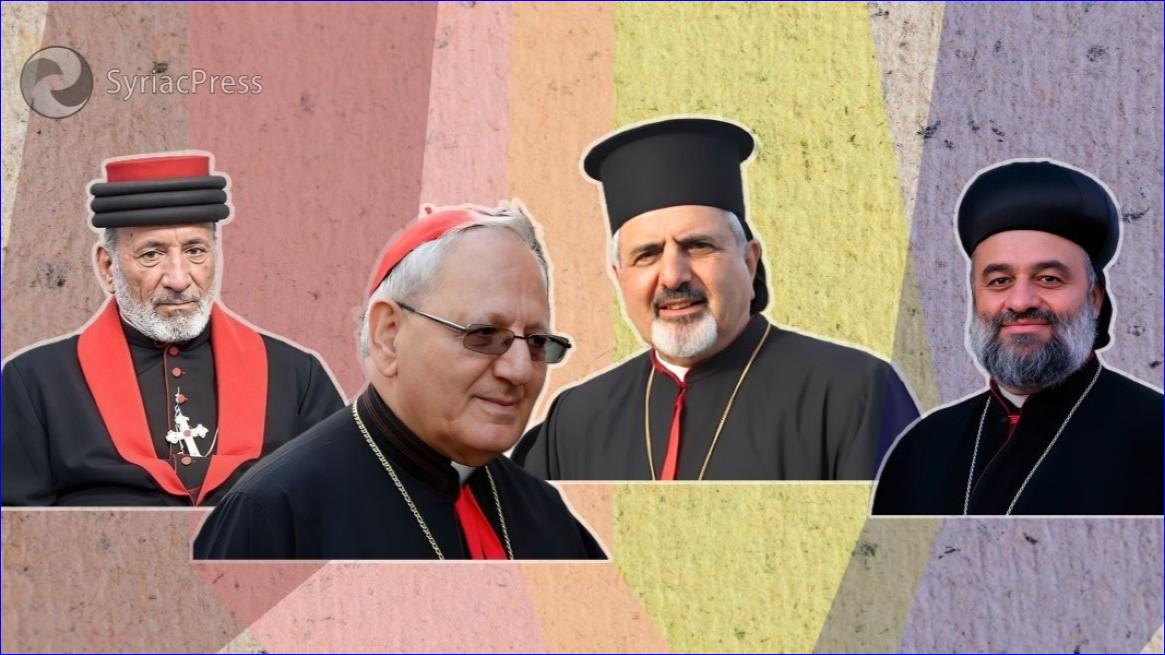


This struggle has been between their historical national belonging and the identities imposed upon them by the political regimes that came to dominate the region.
With the formation of modern nation-states after World War I, major powers attempted to draw new borders not only on the land but also in the minds, heritage, and identity of its peoples.
The Treaty of Lausanne was one of the most significant and detrimental events that contributed to the erasure of our Assyrian national identity.
It ignored our people's national, historical and existential rights and attempted to alter our honorable history, a history rich with civilizations like the Sumerian, Akkadian, Old and New Babylonian, and Assyrian.
Our people were the inventors of the alphabet and possessed the keys to development and thought that the civilized world struggled to decipher.
Instead of recognizing this, the treaty's decision-makers relegated us to vague classifications like "Western Christians," "Eastern Christians," "Christian Arabs," or "Christian Persians," as if our national belonging had been canceled and replaced with a general religious label. Thus, in the eyes of the international political powers of the time, our people were transformed from a living nation with deep civilizational roots into a mere religious denomination outside of history.
However, in recent years, the Patriarchs of the East and heads of our historical Churches have begun to take bold and clear stances to set the record straight.
Many of them have declared in speeches, conferences, and official statements their rejection of the imposed Arab identity, emphasizing that Arabism is a culture and a language, not a comprehensive, overarching nationality that can erase the authentic, deeply rooted nationalities with their profound history and ideology.
This renewed awareness among church and national leaders is an expression of a historical awakening that restores the value of our Assyrian roots.
It affirms that the descendants of this people are not newcomers to the region but are its original inhabitants, from Nineveh to Babylon, and from Urhoy to Erbil and Mosul.
The Patriarchs of the East have recognized that the Assyrian nationality is not opposed to religion, denomination, or faith; in fact, our ancestors were among the first to embrace and believe in Christianity.
The return of the Patriarchs of the East to embrace this identity is not merely an intellectual or symbolic stance.
It is a step towards a spiritual national renaissance that restores the Christian East to its original place among nations. It also confirms that the children of Nineveh, Babylon, and Ur are still here, believing that their identity is not granted by anyone but is reclaimed through will, consciousness and a history that time cannot erase.
The time has come for our Assyrian people to reclaim their language, heritage and historical name, free from imposed nationalities and artificial political borders.
The Patriarchs who are now restoring the value of this identity are reviving the spirit of the ancient Mesopotamian nation in a contemporary form, linking the past to the future.
They declare that the sun of Nineveh and Babylon has not yet set; it awaits those who will raise the banner of national truth once again.
We also recall, through this article, the national awakening driven, and indeed led, by our national parties and institutions, including the Bethnahrin National Council (Mawtbo Umthoyo d'Bethnahrin, MUB), as well as its women and youth organizations, cadres and structures, Suroyo TV Foundation, Beth Nahrain Patriotic Union (Huyodo Beth Nahrain Athroyo, HBA) and other parties from our national family.
These struggling national institutions and parties have worked diligently to revive our living memory, instill a national spirit and spread national thought and awareness among our people.
They aimed to prepare our religious, intellectual, academic, and scientific leaders and symbols for a level of political maturity to face the coming stage and remind everyone of that history and heritage which the peoples of the world admire.

or register to post a comment.